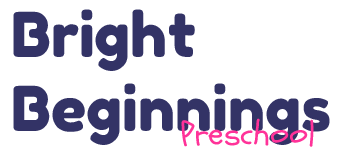Dabbling
Dabbling
Dabbling –
intransitive verb. 1 : to work or involve oneself superficially or intermittently especially in a secondary activity or interest dabbles in art. 2a : to paddle, splash, or play in or as if in water. b : to reach with the bill to the bottom of shallow water in order to obtain food.
Some of you may know that I am in a cohort to pilot a new curriculum for our state. It’s already been released but a small group of us are working together in a more intense way to see how it might be used best. The group is also there to encourage each other. My question this week was “when you were between units what is our best course of action?” I was told – dabbling . I like the term dabbling when it comes to emergent curriculum. It means we are doing a little of this and a little of that and exploring the interests that the children have. While observing if any of those interests land on a unit that is already written we can pull out the curriculum as a resource.
That’s where we are right now dabbling. Meanwhile I am gathering observations and listening and asking questions.
Is there value in dabbling? Absolutely there is! Are we still learning when we dabble? Absolutely we are ! Children are learning every day through play. If they dabble- I dabble along beside them and introduce new materials or new concepts.
Today I read a book called “The Shark Lady .” It is a nonfiction book about a girl that loved sharks from the time she was little. She grew up to be a scientist that studies shark life. What did I hear later in the playroom? Children pretending they were sharks. This is how dabbling leads to deeper study. I will continue to listen to see if the children are interested in learning more about sea life, or scientists , or if they move on to something different .
Dabbling requires thought and preparation on the teachers side almost as much as delving into a full blown unit.
We will continue to dabble until we land on something a large group of the children are interested in .
